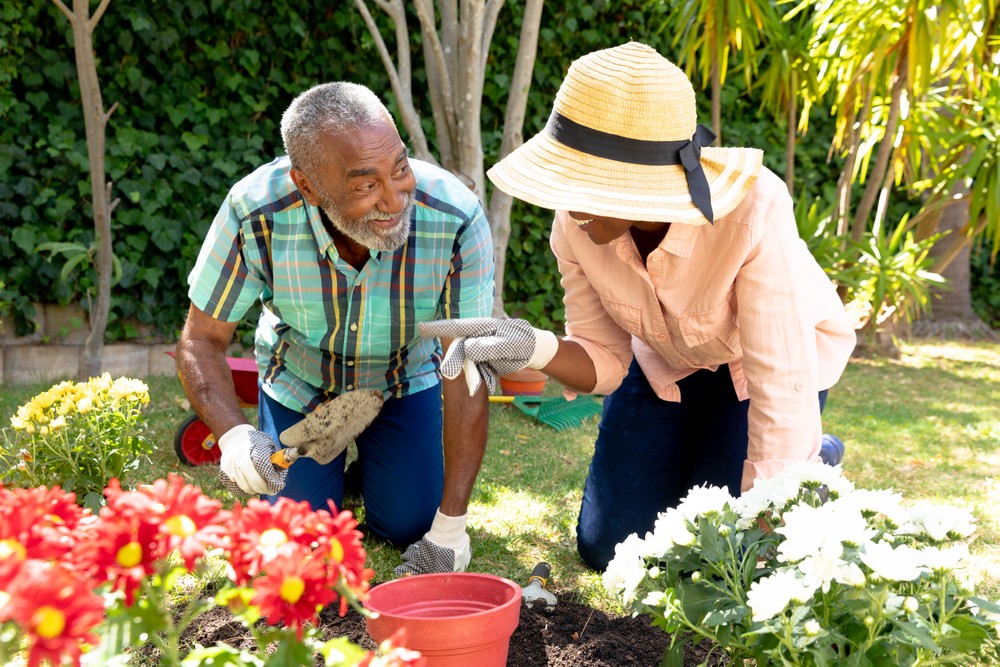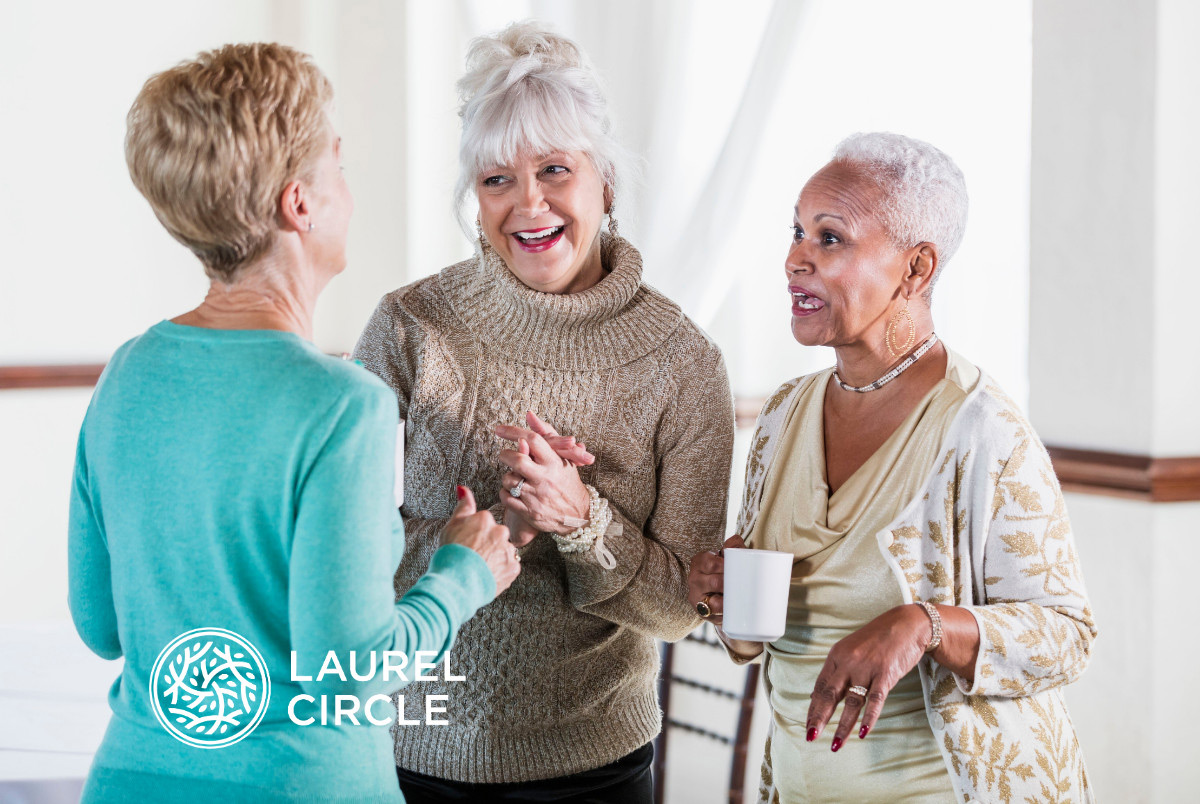8 Health Benefits of Gardening for Seniors

The results are in: A regular dose of gardening can be very good for your health.
A recent article appearing in Preventive Medicine Reports analyzed 22 studies comparing nearly 2,600 gardeners versus nongardeners. Many people studied were in their 70s and 80s; some had been diagnosed with depression, dementia, cardiac issues and obesity.
The meta-analysis found numerous health benefits of gardening for seniors, from better cognitive functioning and lower body mass index to increased quality of life. The overall results strongly suggested that participating in gardening activities can have a significant positive impact on seniors’ physical and emotional health.
And now that temperatures are warming and days are getting longer, there’s no better time to slather on some sunscreen, don your gardening hat and gloves, and get out in the garden!
But what if you’ve never had much of a green thumb? What if you don’t know the difference between a trowel and a spade? How do you know gardening is for you?
Before you answer, just remember that for many seniors, gardening is all about the health benefits. Many seniors will tell you that you don’t have to be a professional gardener to enjoy it — just tending to a few rows of flowers can bring benefits. And you don’t really need a shed full of fancy tools.
Here are eight health benefits of gardening for seniors:
- Gardening can be great aerobic exercise. Aerobic exercise is basically any exercise that gets your heart pumping. And pulling weeds, hoeing rows of dirt, walking, shoveling and many other movements can improve your cardiovascular fitness. You may find yourself so focused on planting, pulling weeds, watering and other tasks that you don’t realize you’re breaking a sweat. So don’t forget to stay hydrated, especially while you’re out in the heat.
- Gardening can improve your flexibility and stamina. Bending, squatting, twisting, reaching for tools and other motions you don’t typically make in an average day will work new muscles in your body and help with strength, stamina and flexibility.
- Gardening can help with socialization. After retirement, seniors may not have as many opportunities to make new friends and run the risk of becoming isolated and lonely. Community gardens can be a fun and extremely social activity that provides older adults chances to engage with others who share their hobby.
If you’re new to gardening, consider joining a gardening club. It’s a great way to make new friends and learn how to grow plants that do well in your climate. At Laurel Circle, a senior living community in Bridgewater, N.J., many residents enjoy growing (and sharing) flowers and vegetables in our community garden. - You get your daily dose of Vitamin D. Vitamin D increases your calcium levels, which benefits your bones and immune system. Your body makes Vitamin D when your skin comes into contact with direct sunlight. Which means outdoor activities like gardening are a perfect way to get your Vitamin D while pursuing a fun hobby (just don’t forget the sunscreen).
- It can help you lose weight. Gardening can help you lower your body mass index, or BMI. By maintaining a normal BMI, you’re likely to have fewer joint and muscle pains, more energy, better regulation of bodily fluids and blood pressure, reduced burden to your heart and circulatory system, better sleep, a reduced risk of developing diabetes and a reduced risk for heart disease and certain cancers.
- Gardening may reduce your risk of dementia. Activities that stimulate the brain lower the risk of Alzheimer’s disease, regardless of how physically active a person is, according to a Swedish study. The thought is that, even though gardening is not physically rigorous, it still requires the use of many critical functions, such as sensory awareness and dexterity. That explains why this activity can protect against dementia almost as much as being extremely physically active.
- Being outside boosts the serotonin levels in your brain. Serotonin is a chemical that improves your mood and helps you feel calm and centered. This is especially important for people who suffer from seasonal affective disorder, a form of depression that occurs as the seasons change throughout the year.
- You can enjoy a better overall quality of life. Many gardeners say tending to a garden gives them a sense of purpose. The Japanese call it ikigai, or reason for living. Gardening gives you something to get up for every day. And while there is no panacea for growing old, science suggests, gardening does appear to improve our quality of life as we age.
Discover the Health Benefits of Gardening for Yourself at Laurel Circle
Our independent senior living community boasts a resident garden, where you can easily meet new residents who enjoy growing vegetables and all varieties of flowers. Of course, that’s just one of the many activities our Life Plan Community has to offer — we’re pretty impressive when it comes to all the wellness opportunities we have on campus, too.
Learn how you can enjoy a harvest of happiness when you plant yourself at Laurel Circle. Learn more by contacting us.




